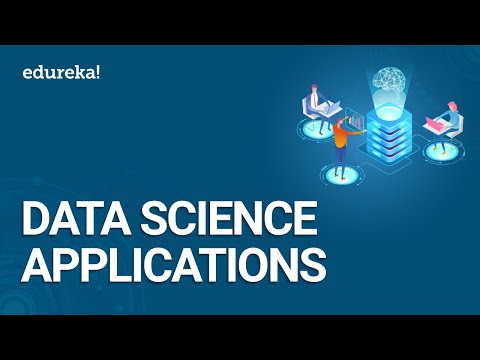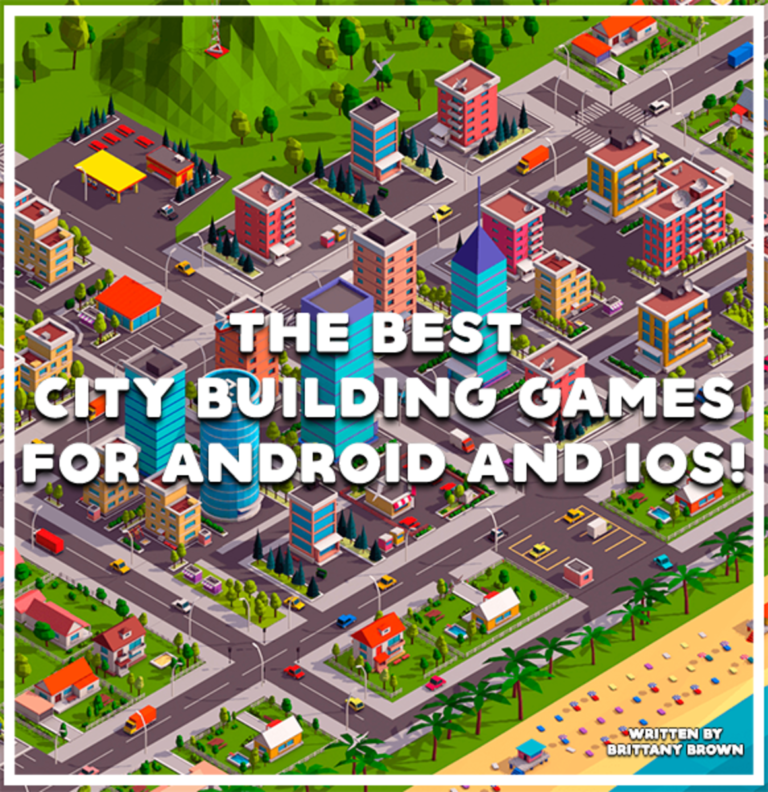10 best Android apps for data science
Last Updated on June 9, 2024 by Jhonni Jets
Data science is a highly interdisciplinary field that uses scientific methods, processes, algorithms and systems to extract knowledge and insights from structured and unstructured data. With the proliferation of data and increasing computing power on mobile devices, data scientists are leveraging Android apps to support their work both in and out of the office. This article highlights 10 of the best Android apps for data scientists to collect, analyze, visualize and share data on the go.
1. Jupyter Mobile
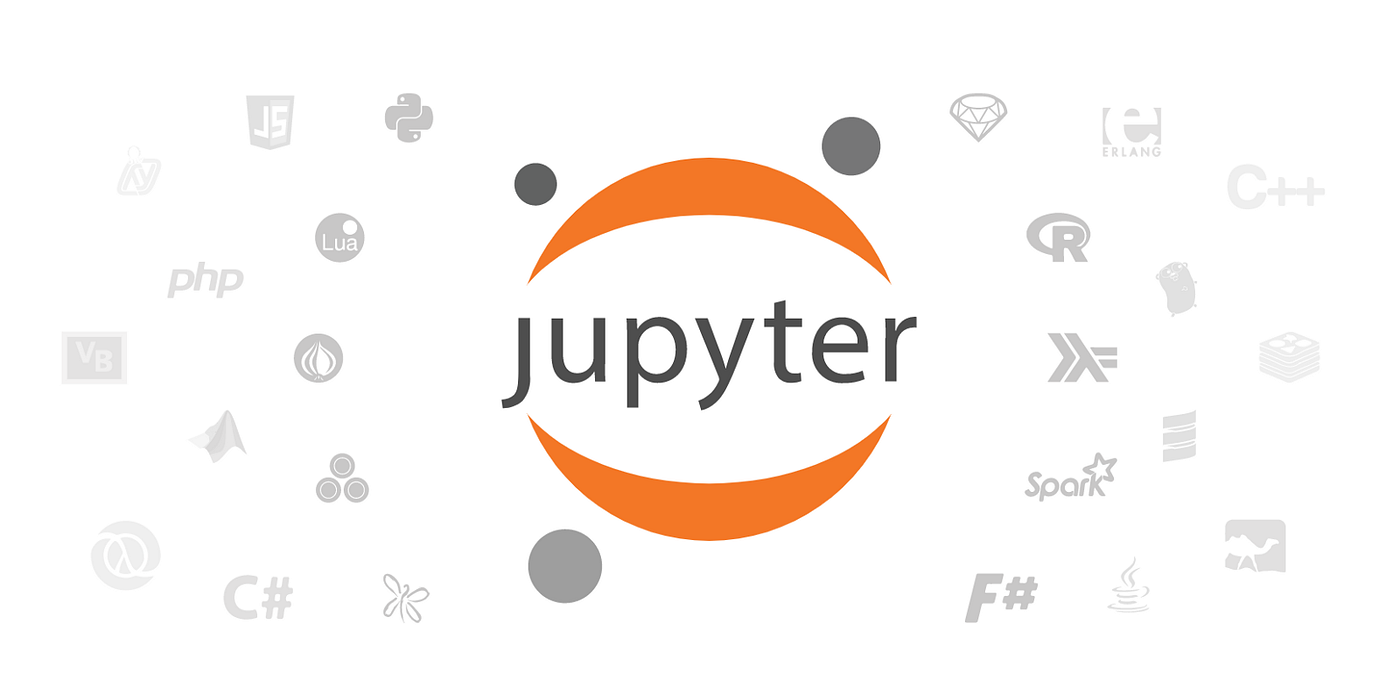
Jupyter Mobile is an open-source Android app that allows you to run Jupyter notebooks on your mobile device. Jupyter notebooks are a very popular tool for data exploration, analysis and visualization used by data scientists. The app lets you open, run, modify and share Jupyter notebooks stored locally or in the cloud. You can write and run Python, R and other code cell by cell to explore and visualize data. It supports connecting to Jupyter servers through SSH tunnels for secure access to enterprise notebooks. Being able to work with Jupyter notebooks on mobile expands the flexibility of data scientists to work anywhere. The UI is optimized for touchscreens so notebooks are fully interactive on Android.
One unique feature is its ability to import datasets from cloud providers directly into notebooks for on-device analysis. You can load CSV, JSON and other file types from Google Drive, Dropbox, OneDrive and Box into a project for local processing. Output and plots from notebook cells are rendered beautifully. It also supports saving notebooks back to cloud locations. Overall Jupyter Mobile is a great option for mobile-first data work with notebooks on Android.
2. Plotly

Plotly is a powerful and popular data visualization library with Android and iOS apps as well as web versions. The Plotly app allows you to visualize and interact with data on mobile devices. You can create new charts and graphs like bar plots, line plots, scatter plots, histograms and more. Data can be loaded from CSV, JSON, Excel or directly entered. Advanced customizations are available for styling, annotations, titles and more. Charts update live as you modify the underlying data or layout properties.
The app facilitates exploratory data analysis on the go. You can overlay multiple datasets, filter data interactively and apply transformations. Moreover, Plotly graphs are fully interactive – users can pan, zoom, select points and more using touch gestures. Completed charts can be exported in various formats or shared via the app. Plotly is excellent for visualizing datasets during field work or meetings away from computers. The free app makes advanced visualization accessible anywhere with an intuitive mobile interface.
3. Pandas

Pandas is a fundamental library for data science in Python used for data wrangling, manipulation and analysis tasks. The Pandas Android app allows exploring Pandas functionality on mobile. You can load CSV/JSON/Excel files, view the data in a tabular UI and perform operations like filtering, grouping and aggregation right on your phone or tablet. Common wrangling tasks like cleaning, merging and reshaping datasets can be tested on the go.
The app supports interactive visualization of Pandas DataFrames using Plotly charts. You can generate histograms, bar plots and more to explore the data. Basic statistics like describe, count, min, max are available. More advanced operations utilize live Python code cells to transform and analyze data with the full Pandas API. Completed tasks can be saved as Jupyter notebooks or scripts. Overall the Pandas Android app empowers data cleaning, exploration and visualization away from desktops through an optimized mobile interface.
4. R Compose
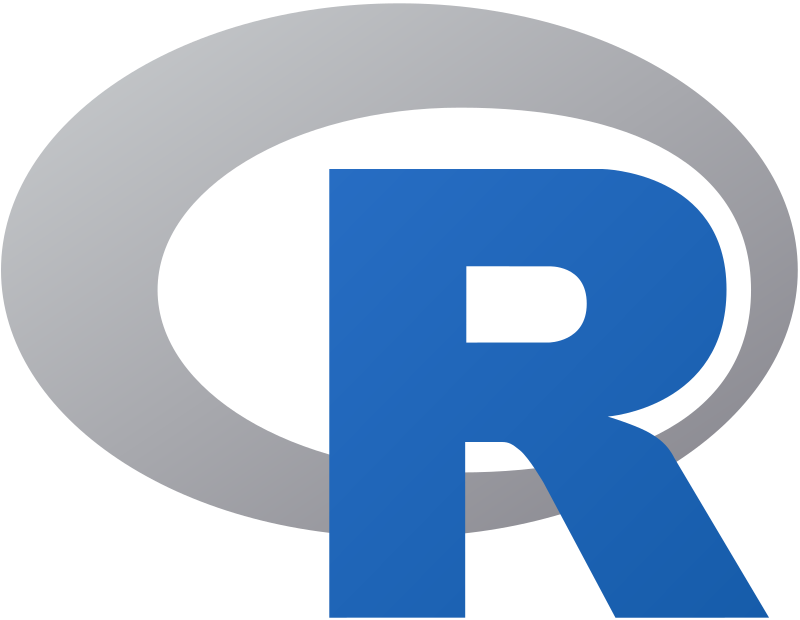
R Compose is an essential app for mobile R programming. It allows running R code, accessing and manipulating data frames on Android while leveraging the full R ecosystem. You can write, run and modify R code cells to perform tasks like data import, wrangling, modeling, reporting and visualization. Popular R packages like caret, ggplot, dplyr are supported.
Data can be loaded directly from local storage, via JDBC connections or from cloud sources like Dropbox. Visualizations using ggplot2 render beautifully. R Markdown and Shiny documents can also be created, edited and run on mobile. Notebooks and scripts can be exported in various formats. The app ensures R code runs exactly the same as on desktop. An intuitive IDE-like interface makes the R workflow highly productive on phones and tablets.
R Compose brings the full power of R to Android for seamless analysis away from desks. It’s a boon for field data collection projects, presentations, client demonstrations and more. With its robust feature set, R Compose establishes R as a potent mobile programming platform for data work on the go.
5. Anaconda Navigator
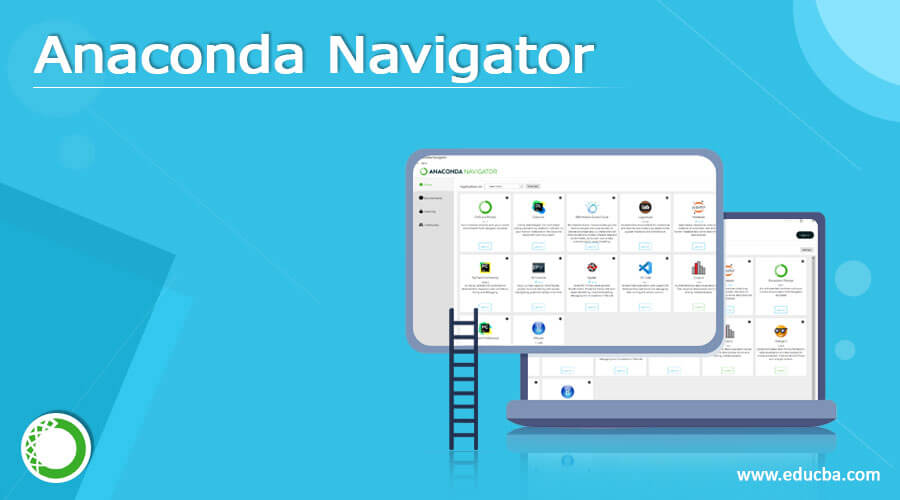
Anaconda is a popular distribution for data science tooling. The Anaconda Navigator Android app delivers its functionality to mobile. It provides a unified environment to launch Jupyter notebooks, Spyder IDE, RStudio, Terra and other conda apps on Android. You get full access to over 1500 open source packages for data engineering, ML, visualization and more.
It supports creating, opening and running notebook projects stored locally or in remote Anaconda servers. Notebooks from JupyterLab, Jupyter Notebook, RStudio can be edited. Data from external sources like MySQL, PostgreSQL databases can be accessed. Advanced notebooks become fully interactive on mobile. The built-in editor is capable enough for writing code, markdown andvisualizations. Interactive plots render beautifully for exploring insights.
Anaconda Navigator establishes a complete yet compact data science environment on Android. You get all the powerful ML, numerical and visualization libraries along with integrated notebooks and editors. It facilitates productive work even in low connectivity scenarios by syncing projects later. Overall it brings the entire Anaconda ecosystem for data at your fingertips anytime, anywhere.
6. Fatal Errors

Data scientists often spend a lot of time debugging code, chasing down errors and exceptions in programs and algorithms. The Fatal Errors app specifically aims to help with this process on mobile. It allows logging runtime errors, exceptions and warnings from any Android or desktop app or script to the mobile device.
Simply copy the error message, stack trace, variables or logs and paste into Fatal Errors to store errors. You can tag errors, add descriptions, photos and record diagnostic information for each error logged. Errors are organized by project, date or tag keywords for easy search and reference later. The app notifies you when new errors are logged so nothing slips through.
Fatal Errors facilitates remote debugging, testing and collaborating on error fixes while away from the development machine. You can send logged errors via email, share via cloud storage or showcase them during stand-ups. Overall it serves as a portable bug tracking companion for data scientists and engineers to capture, organize and resolve issues on mobile.
7. Google Spreadsheets

Google Sheets is a versatile mobile app that data scientists often leverage while on the move. It supports creating and editing spreadsheet documents online and offline on Android. Advanced features for data analysis, visualization and collaboration are some key advantages.
Familiar spreadsheet functions allow transforming and analyzing data right in the mobile app. Integration with Google Data Studio unleashes automated reporting. Powerful add-ons extend Sheet’s coverage of statistical,financial and ML modeling functions. Interactive charts updated on the fly facilitate exploratory analysis of datasets.
Real-time collaboration lets teams work concurrently on spreadsheets. Automatic saving and sync across devices maintains data consistency. Tight Drive integration facilitates ingesting external datasets for mobile wrangling and modeling. Sheets makes ad-hoc data munging, cleaning and light modeling highly accessible anywhere.
While not as feature-rich as desktop spreadsheet apps, Google Sheets on Android remains a handy tool for versatile data work on the go in situations that don’t require heavier analysis or programming capabilities.
8. Matlab Mobile

Matlab is a popular numerical computing environment used widely in industries like automotive, aerospace, biomedical and more. Matlab Mobile delivers its powerful mathematical, statistical and machine learning tools to Android devices. You can author, run and debug Matlab code, access variables, view 3D interactive plots and more entirely on mobile.
Code is written and executed interactively within the mobile app, sometimes with lower latency than desktop. Plots render beautifully, and touch gestures support exploration. Connectivity over WiFi or LTE enables fetching large datasets from servers into mobile. Files are seamlessly synced to/from Matlab desktop for a unified development experience across devices.
The tight integration with desktop Matlab means algorithms, prototypes and analysis created on mobile behave identically. Domain-specific toolboxes extend app capabilities for applications like signal/image processing, computer vision and optimization. Matlab Mobile is invaluable for field engineers involved in data collection, IoT prototyping, and validating models away from offices.
9. Tidyverse

The Tidyverse is a cohesive collection of R packages for data science developed by Hadley Wickham. Its core packages like dplyr, tidyr, purrr, ggplot2 are immensely popular for data manipulation, engineering and visualization tasks in R. The Tidyverse Android app brings this ecosystem to mobile.
You can import datasets from local storage or cloud, perform operations like filtering, grouping, joins, splits and aggregations on tibble data frames directly on your phone. Plots from ggplot2 display with zoom/pan functionality. Live R code chunks leverage the full capabilities of Tidyverse packages for cleaning and exploring data interactively.
The mobile-friendly UI enables productive data wrangling even with touch. Exported notebooks integrate seamlessly with RStudio on desktop. This app establishes Tidyverse R as an outstanding mobile platform for interactive data transformation, modeling and reporting tasks using optimized mobile versions of top R packages.
10. DataFox

DataFox aids data scientists with an expansive data search engine and a mobile app at the fingertips. Leveraging AI and scraping technologies, it has compiled a massive structured database from online sources. Users can search for company, healthcare, financial and demographic datasets via intuitive queries.
The Android app delivers this search capability offline as well for disconnected scenarios. Enriched results include direct links for dataset downloads, visualizations, related queries and news/blogs. Queries can be saved and shared as workflows. For leveraging public data sources while mobile away from other tools, DataFox proves exceptionally useful for data discovery on the go.
Overall it is an incredibly helpful companion for data scientists collecting field data or prototyping solutions to locate additional third party datasets that can supplement their work remotely and expand analytical opportunities away from desktops.
Conclusion
Mobile devices are increasingly becoming crucial tools that augment the capabilities of data scientists. The Android apps highlighted offer seamless and productive options to work with data anywhere untethered from desktops. They facilitate real-time collaboration, remote data access, on-site data collection, prototyping, reporting and so much more from any location.
Whether for quick analyses, visualizations or full-fledged programming, these apps establish smartphones and tablets as legitimate platforms for pervasive data work. Remote debugging, interactive modeling, ad-hoc wrangling are now highly accessible on mobile. Data professionals can fully leverage the power and scale of their tooling even while away from large monitors and keyboards.
With such comprehensive functionality optimized for touchscreens, data science need not grind to a halt outside offices. The next generation of data experts will be even more location-independent and driven by the flexibility that empowering mobile applications provide. This article covered some of the very best options currently available for a truly digital and connected data science experience on Android.

